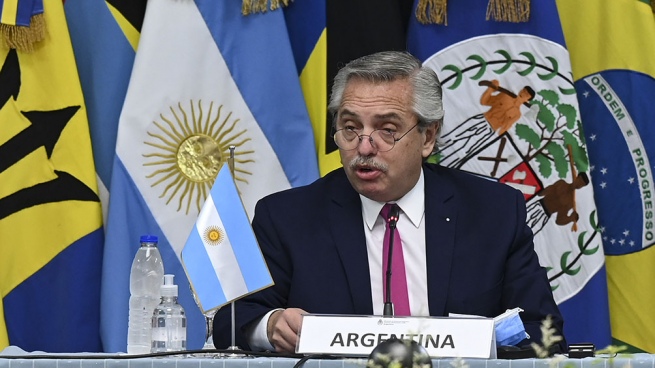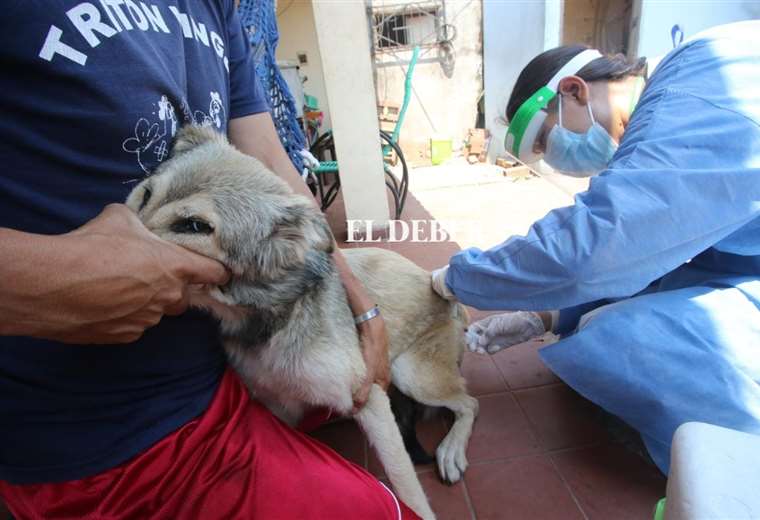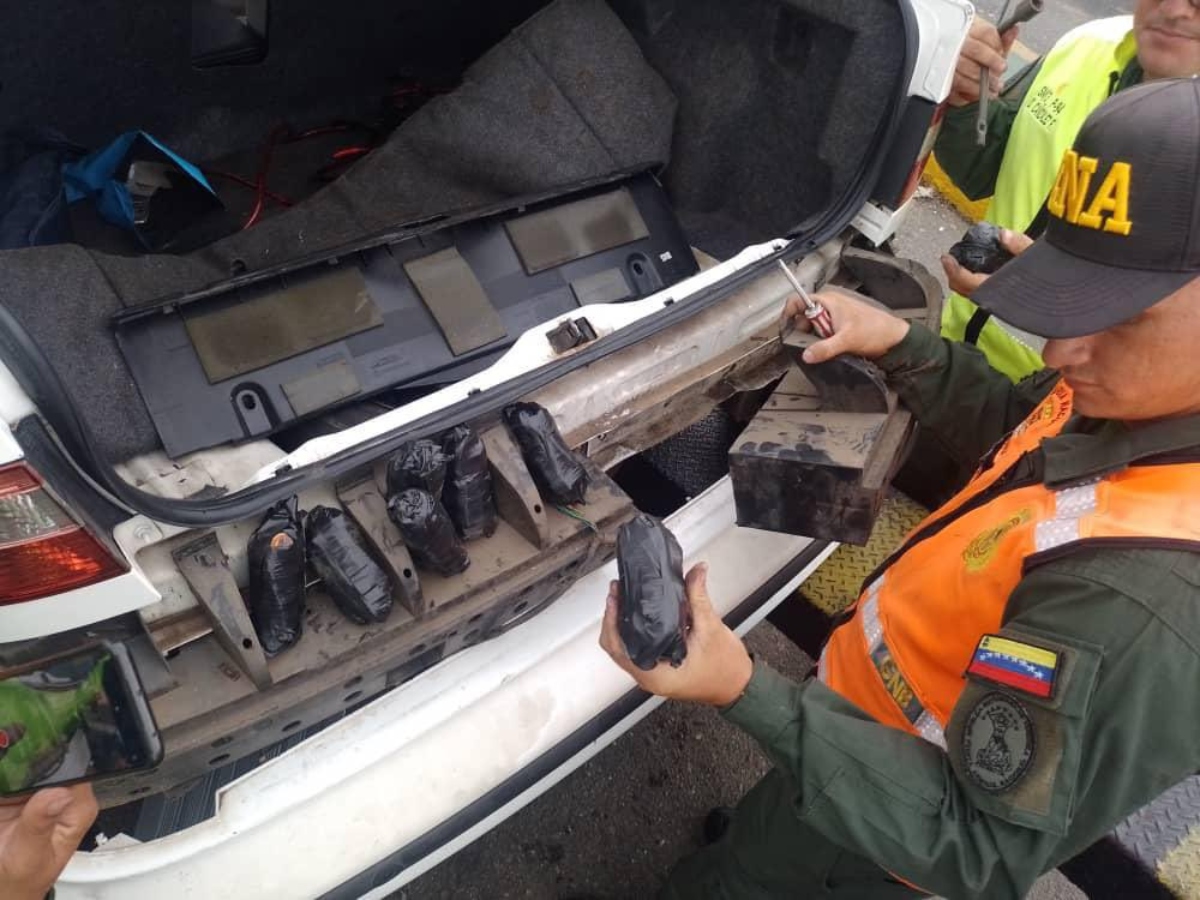President Alberto Fernández returns to the international scene this Thursday, leading a meeting of Latin American leaders who will meet in Buenos Aires to discuss how to deepen regional integrationwithin the framework of Argentina’s pro tempore presidency of the Community of Latin American and Caribbean States (CELAC).
The head of state -in his role as president pro tempore of CELAC- will host an international seminar on “The Future of Integration: Unity in Diversity”organized by this regional mechanism in conjunction with the Development Bank of Latin America (CAF), Regional leaders will attend, such as Andrés López Obrador (Mexico), José “Pepe” Mujica (Uruguay) and Ernesto Samper (Colombia)in addition to the former Spanish president Jose Luis Rodriguez Zapatero.
the encounter
From the 15th, the Kirchner Cultural Center (CCK) will be the scene of the conclave in which, in a four-panel format, the opportunities and challenges of the integration of Latin America and the Caribbean and the impact of the current scenario will be debated in the development model of the region, reported from the Argentine Foreign Ministry, in charge of coordinating the event.
The activity marks the return of the Argentine president to the international agendal -after his recent visit to Colombia, where he attended the inauguration of President Gustavo Petro- and will materialize Fernández’s firm conviction regarding the need to raise the profile of CELAC, in an international scenario traversed by the war in Ukraine and the growing tensions between the United States and China over Taiwan.
Aware that the geopolitical interests of Washington and Beijing are also at stake in Latin America and the Caribbean -an area abundant in food production and with enormous energy potential-, Fernández and other leaders of the region seek to provide a greater degree of institutionalization CELAC and, consequently, increase its “political muscle”, something that would allow the region to maintain its balance against both superpowers and greater margins of independence in a world in dispute.
Precisely, advancing in the “institutional strengthening” of the bloc that brings together 32 Latin American and Caribbean countries will be one of the objectives that Argentine Foreign Minister Santiago Cafiero will propose at the opening of the XXXV Meeting of Regional Coordinators of CELAC, which will be held also this Thursday behind closed doors at the Palacio San Martín, in the morning, prior to the CCK seminar.
“This is the great discussion that Argentina wants to leave open” as a legacy of his management as head of the Pro Tempore Presidency of the regional bloc, Gustavo Martínez Pandiani, Undersecretary for Latin American Affairs and Celac coordinator.
The intention of Argentina and other countries to institutionalize CELAC (today a regional mechanism without the hierarchy of an organism) is to give it more volume and “political muscle”, explained Martínez Pandiani.
The objective will involve several debates among the representatives of the member countries that will participate in the conclave in Buenos Aires: the possibility of providing Celac with a general secretary, a budget and a “consensus” mechanism in decision-making, which until now has been define only unanimously, they will be central aspects.
“We are accompanying the CELAC countries and trying to help their institutions,” Christian Asinelli told Télam, for his part.Corporate Vice President of Strategic Programming of the Development Bank of Latin America, formerly called the Andean Development Corporation (hence its initials CAF).
dissertations
After the meeting of Regional Coordinators, on Thursday afternoon the CCK will be, then, a sounding board for the presentations of a group of Latin American leaders who will discuss the future of regional integration, and who will have in the closing panel Alberto Fernández, Mexican President López Obrador, the Prime Minister of Barbados, Mia Mottley (both remotely), and former presidents José Luis Rodríguez Zapatero (Spain), Ernesto Samper (Colombia) and Vinicio Cerezo (Guatemala).
Other figures who will speak that afternoon are former President José “Pepe” Mujica (Uruguay), former Brazilian Foreign Minister Celso Amorim; former Chilean presidential candidate Marco Antonio Enríquez-Ominami; the former executive secretary of ECLAC Alicia Bárcena; the former Secretary General of the Organization of American States (OAS) José Miguel Insulza and the president of CAF, Sergio Díaz-Granados.
Among the four panels will also be the dissertations of Beatriz Paredes, senator of the Institutional Revolutionary Party (PRI) of Mexico; Didacus Jules, Director General of the Organization of Eastern Caribbean States (OECS); the aforementioned Christian Asinelli, Mario Cimoli, Acting Executive Secretary of the Economic Commission for Latin America and the Caribbean (ECLAC), and Donna Forde, Deputy Secretary General of Foreign and Community Relations of Caricom.
Juan Tokatlian (expert sociologist in international studies from Di Tella University) and the director of the Casa Patria Grande, Matías Capeluto, will also present.
President Fernández will be in charge of closing the meeting with the panel entitled “Dialogue between leaders on the future of integration in Latin America and the Caribbean”.
CELAC is made up of Antigua and Barbuda, Argentina, Bahamas, Barbados, Belize, Bolivia, Brazil, Chile, Colombia, Costa Rica, Cuba, Ecuador, El Salvador, Saint Kitts and Nevis, Grenada, Guatemala, Guyana, Haiti, Honduras, Jamaica, Commonwealth of Dominica, Dominican Republic, Mexico, Nicaragua, Panama, Paraguay, Peru, Saint Vincent and the Grenadines, Saint Lucia, Suriname, Trinidad and Tobago, Uruguay and Venezuela.










